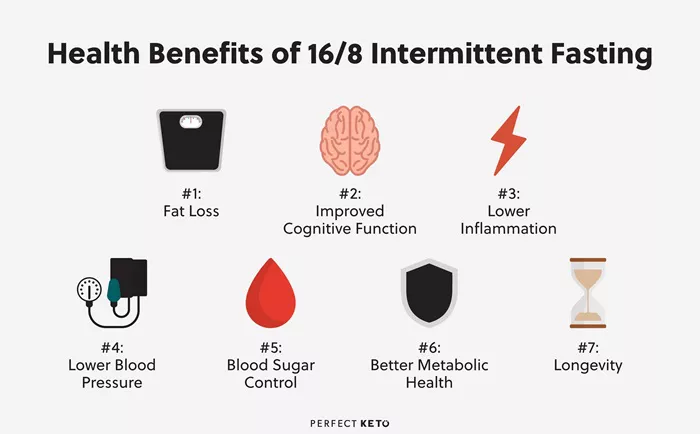The Mason City School District is enhancing student well-being with the help of therapy and service dogs available at every school. This initiative aims to provide support for students’ mental health both inside and outside the classroom.
“We’ve seen that some children experience emotional challenges throughout their day, and the dogs help shift their mindset, enabling them to refocus on their work,” said Sarah Bowser, a counselor at the Mason Early Childhood Center.
The initiative was sparked by high school students who observed a rise in student suicide rates. After several years of planning, the program has successfully integrated therapy dogs to provide valuable emotional support.
“Laughter and joy are powerful for the soul,” Bowser added. “When students are coming from difficult situations or lack joy, the dogs provide unconditional support and bring happiness.”
The district has partnered with several organizations, including Mindpeace, 1N5, Grant Us Hope, Joshua’s Place, and Cincinnati Children’s Hospital Medical Center, to ensure every school is equipped with therapeutic support.
Currently, the district employs 21 school counselors and six therapy dogs. Shiner and Gibson, both golden doodles, are stationed at the Mason Early Childhood Center, where they support students in preschool through second grade. The dogs were donated by the Shine Like Stable Foundation.
Each school has established “connection rooms” where students can access one-on-one counseling. Counselors also bring the therapy dogs into classrooms to engage students with the dogs’ training and commands.
Other service dogs in the district include Titan, funded by a grant from the Mason Schools Foundation in memory of former student Jake Williams, who tragically passed away due to suicide. Titan supports students at Mason Elementary, alongside Lucy, a therapy dog for fifth and sixth graders. Coleby assists counselors at Mason Middle School, and Mr. Hibbs serves students at Mason High School.
Bowser expressed deep gratitude for the impact the therapy dogs have had on the school community. “For the families who entrusted us with the dogs and for those who have witnessed the difference, it has been a tremendous benefit and a true gift,” she said.
This initiative continues to demonstrate the importance of emotional support for students, offering a unique and compassionate way to foster mental well-being in schools.
Related Topics
GLP-1 Receptor Agonists Show Significant Benefits for Kidney Disease, Major Analysis Reveals
Tackling Pneumonia: Raising Awareness for Early Detection and Prevention
Disputes Between Medicare Advantage Plans and Providers Leave Older Adults Struggling



































